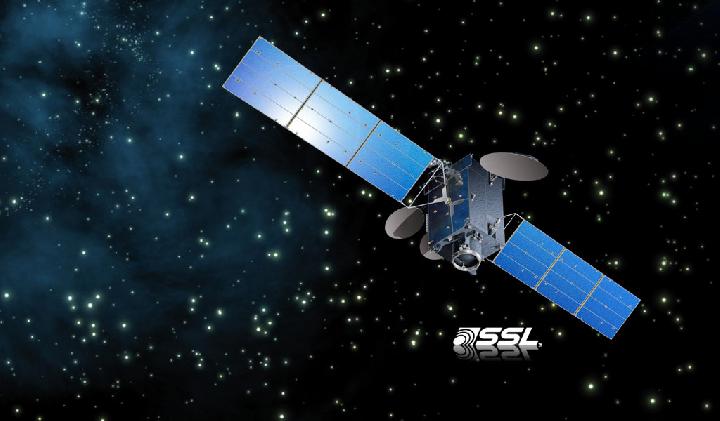New Supercomputer Aids Climate Research in Top Coal State
19 February 2017 20:54 WIB

TEMPO.CO, Cheyenne - A new supercomputer in the top coal-mining state has begun critical climate-change research with support from even some global warming doubters, but scientists worry President Donald Trump could cut funding for such programs.
The $30 million, house-sized supercomputer named Cheyenne belongs to a federally funded research center. It got to work a few weeks ago crunching numbers for several ambitious projects, from modeling air currents at wind farms to figuring out how to better predict weather months to years in advance.
It's the fastest computer in the Rocky Mountain West — three times faster than the 4-year-old supercomputer named Yellowstone it is replacing and 20th-fastest in the world. Capable of 5.34 quadrillion calculations per second, Cheyenne is 240,000 times faster than a new, high-end laptop.
Located in a windy business park near the city of Cheyenne, the National Center for Atmospheric Research-Wyoming Supercomputing Center that houses the water-cooled machine continues to enjoy support even from Wyoming's coal cheerleaders who doubt humankind is warming the Earth.
"Before we start making policy decisions on this, the science has got to be good," said Travis Deti, executive director of the Wyoming Mining Association.
The vast majority of peer-reviewed studies, science organizations and climate scientists have found the Earth is warming and that the warming is man-made and a problem, but Wyoming's relationship with climate science is complicated at best.
The University of Wyoming in 2012 removed a campus artwork made of charred logs after the fossil fuel industry objected to the piece's climate-change-awareness message. The state also has vacillated on whether and how K-12 students should learn about climate change.
Gov. Matt Mead, who is suing to block Obama administration efforts to limit carbon emissions from power plants and other sources, calls himself a climate-change skeptic. Still, he supports the supercomputer's role in driving Wyoming's small technology sector, spokesman David Bush said.
Even so, scientists worry Trump, who has called climate change a hoax perpetrated by the Chinese to harm U.S. economic interests, could cut such projects. About 70 percent of the supercomputer's cost comes from the National Science Foundation, an independent federal agency with a $7.5 billion budget.
Traditionally the foundation has had bipartisan support, but some Republicans have suggested redirecting the agency away from the earth sciences — and from climate change research in particular.
In December some 800 U.S. scientists, including 23 affiliated with the University of Wyoming and three at the organization that runs the supercomputer, signed an open letter urging Trump to take climate change seriously.
"To be ignorant doesn't really prevent it from happening," said Shane Murphy, a University of Wyoming assistant professor and climate researcher who signed.
The White House didn't immediately respond to an Associated Press request for comment on Trump's plans for funding the science foundation.
Like its predecessor Yellowstone, Cheyenne will help better predict weather and, over the long term, climate change.
"We believe that doing better predictions of those things have apolitical benefits — saving lives and saving money, and improving outcomes for businesses and farmers," said Rich Loft, a National Center for Atmospheric Research supercomputing specialist.
The center moved its supercomputing to Cheyenne from Boulder, Colorado, in 2012, enticed by a $40 million state incentive package.
These days, Wyoming doesn't have money to lure a supercomputer or much of anything else. Downturns in coal, oil and natural gas extraction — in part because of competition from renewable energy — have pinched state revenue.
Wyoming continues to supply close to 40 percent of the nation's coal, however, and in 2014 the state put $15 million toward a $20 million facility to study carbon capture at a power plant near Gillette.
The Yellowstone and Cheyenne supercomputers each use about 1.5 megawatts of electricity, or as much as 750 average-sized homes use on average at any given time. Some of the electricity comes from a wind farm 7 miles up the road.
The supercomputers will work side-by-side until Yellowstone is decommissioned later this year.
The center's scientists are aware of the political winds surrounding their work but plan to maintain the course on projects planned since long before Trump's election.
"I really don't think that anybody at NCAR is talking about changing our science mission," Loft said.
AP























